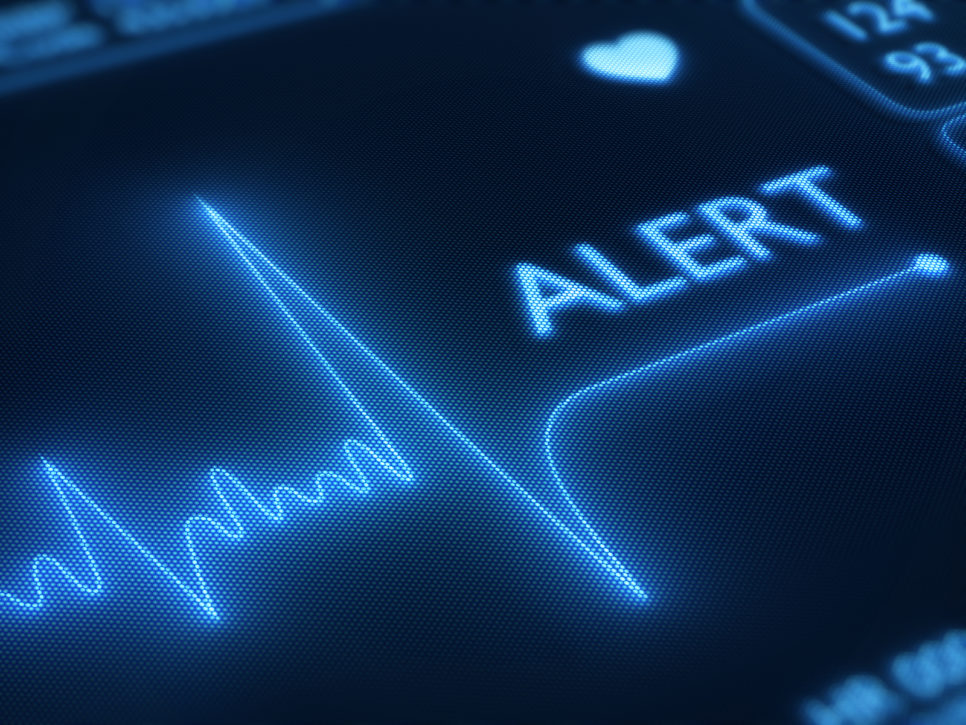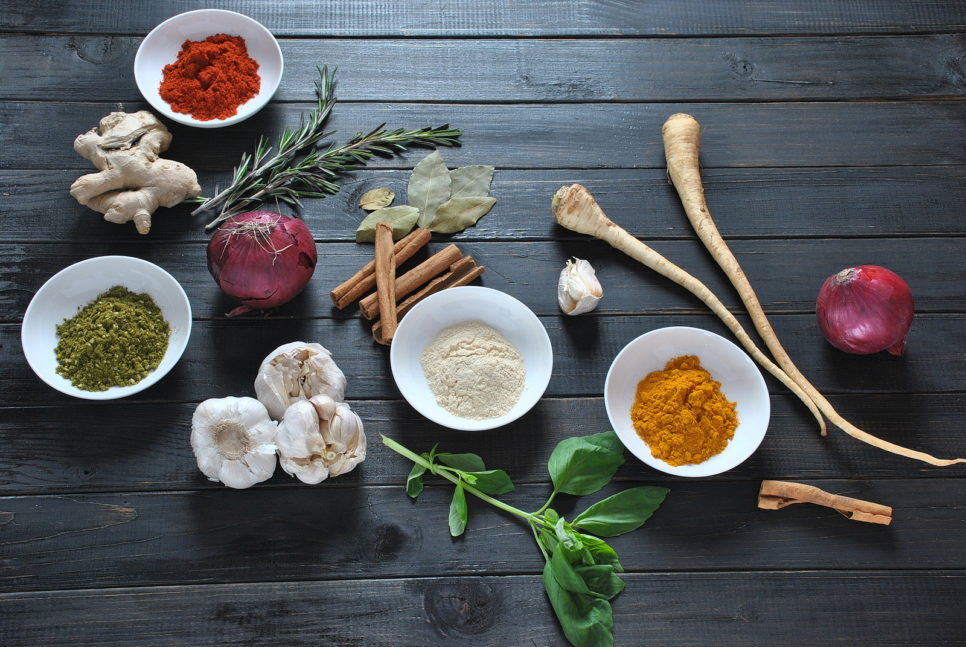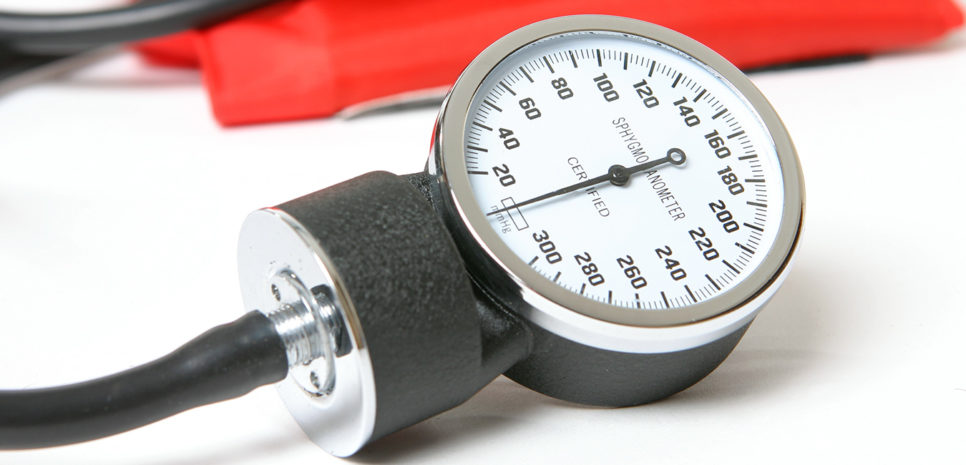The COVID-19 pandemic and lockdown changed the fitness habits of most Americans. But many people still haven’t started exercising again. Here’s a good reason to do it: A new study in the journal Stroke found that the less active people were, the higher their risk for stroke. A stroke happens when a blood clot cuts off the blood supply to your …
The Unexpected Heart Benefit of Getting the Shingles Shot
You probably know a few ways to prevent problems like strokes and heart attacks. These include things like eating a heart-friendly diet, walking or being physically active regularly, and not smoking. Now there’s a surprising new way to avoid heart attacks and strokes—the shingles vaccine. Shingles results from the same virus (herpes zoster) that gave you chicken pox as a …
A Heart Month Special Report: The Surprising Facts About Women in Your Life and Heart Disease
Heart disease is the top killer of men and women, but it affects men and women differently. It’s important to understand the differences to protect the hearts and lives of women and help them get the best care. For Heart Month, we look at some of the differences between men and women. In the past, experts used to think women’s …
How Burnout Harms Your Heart
Feeling burned out, cranky, and tired all the time isn’t just an awful way to live. It might also be bad for your heart. A new study found that being burned out increases the risk for a common heart rhythm problem, called atrial fibrillation, or A-fib. With A-fib there is a glitch in the heart’s electrical system that makes the …
The Sound of Heart Disease
You probably knew that being in a noisy place can increase your risk of hearing loss over time. But did you know that too much noise can also boost your risk for heart attacks, strokes, chest pain, and heart failure? A 2014 study of 5223 people, ages 20-69, found that people with hearing loss in both ears due to being …
Say Yes to Fish Oil!
Confused if you should be taking a fish oil supplement? That’s not surprising. Sometimes headlines say the omega-3 fatty acids in them can lower heart risks. Others say the opposite. But the data in favor of fish oil has been growing. Two recent studies show a strong benefit – especially if you don’t like or can’t eat fish itself. The …
The Not-So-Sweet Link Between Sugar and Heart Disease
To keep your heart healthy, you’ve probably heard it’s good to eat only small amounts of saturated fats like butter and full-fat dairy as well as carbs like white bread and starchy vegetables. But one food ingredient doesn’t get enough attention when it comes to heart health: sugar. More and more research shows that the sweet stuff can be rough …
The Heart Benefits of Seeking Green
Everyone knows a walk in the park or the woods is good for the soul. But did you know it might also be good for your heart? More and more research shows that spending time in green spaces boosts heart health. In a study in the Journal of the American Heart Association in 2018, researchers found that people who lived …
Can Positive Thinking Prevent a Heart Attack?
You probably know that diet and exercise are important for your heart health. But did you know that the way you think about life also makes a difference? It’s true. A growing number of studies show that people who are optimistic (think in positive, hopeful ways, such as seeing a glass half full instead of half empty) have better heart …
Summer Heat and Heart Attacks
Can Summer Heat Raise Your Risk of Heart Attack? Summer is the time to go to the beach, tend the garden, or have a picnic in the park. But the hot weather this time of year has a downside. If you aren’t careful, it could set you up for a heart attack or stroke. That’s especially important if you already …
Young women, heart attacks and how to prevent them
Here’s some good news about heart disease, the number one killer of Americans: the rate of heart attacks and strokes is dropping and has been for decades. That means you are less likely to develop these problems than in the past. But there’s bad news, too: heart attacks are striking more young people, particularly younger women. New research shows that …
7 Surprising Heart Attack Triggers
When it comes to heart attack risk factors, you probably know that high blood pressure, diabetes, and high cholesterol put you in the danger zone. But these triggers may surprise you: A hot temper If you have a problem with anger, it could raise your risk for heart attacks. One study found that after an angry outburst, people had an …
Top Herbs for Your Heart
A healthy diet is the first step toward a healthier heart. Eating lots of vegetables, fruits, beans, whole grains, healthy fats like olive oil, and lean protein like fish and chicken, can’t be beat for preventing heart attacks and strokes. But how you prepare these foods also makes a big difference. A variety of herbs have been shown to give …
You Probably Don’t Get Enough of this Hidden Heart Helper
Heart-healthy diets include plenty of vegetables, fruits, beans, and whole grains like oatmeal, brown rice, and whole-grain bread and pasta. One thing these foods have in common is fiber. Fiber is good for your body in many ways and especially good for your heart. The results of a large review study just released by the World Health Organization (WHO) are …
Do You Have High Blood Pressure?
New Definitions Designed to Stop This Silent Killer The American Heart Association and the American College of Cardiology recently released long awaited new guidelines for managing blood pressure and they include significant changes for monitoring and treating this critical factor in heart health. Nine other health professional organizations endorsed the changes. Blood pressure is always reported using two numbers. The …
Stopping Stroke is a No-Brainer!
Every two seconds, someone in the world has a stroke. Every five seconds, someone dies due to stroke. World Stroke Day, on October 29, is an opportune time to make note of the progress that’s been made to stop stroke—and the efforts that have fallen short. First the good news: Strokes can be prevented and if they do occur more …
The New Heart Threat for Young Adults
About 90 percent of strokes each year in the U.S. occur in people age 50 and older. Yet alarming new research shows that significantly more young adults are experiencing stroke, even as rates among older people may be improving. The new data, from the Centers for Disease Control, found a significant increase in hospitalizations due to stroke among men and …

















